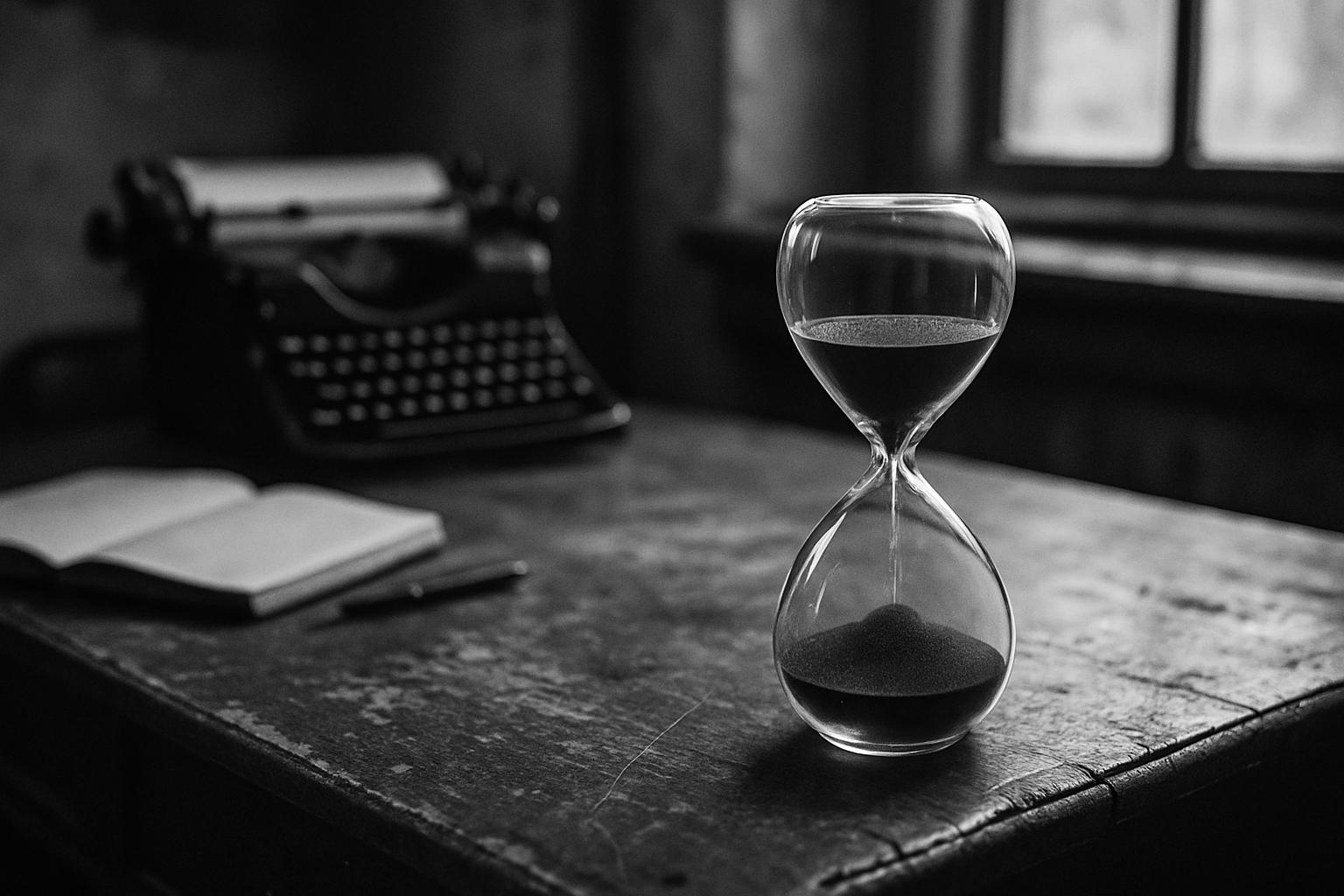Ollie Locke, known for his work as a TV personality and actor as well as being a father of twins, is partnering with Wecasa to highlight the vital importance of "me-time" ahead of World Mental Health Day on 10th October. Locke, who is intimately familiar with the pressures of juggling work commitments, family life, and domestic chores, stresses that making time for oneself is not a luxury but a necessity for mental well-being.
In today’s fast-paced environment, where every minute is accounted for and feelings of guilt accompany moments of rest, Wecasa presents itself as a practical solution. The company offers a seamless way to outsource domestic and personal care chores through its app, delivering professional cleaning, wellness, beauty, and home services straight to customers’ doors. This model allows people to replace time-consuming tasks, like cleaning or laundry, with restorative activities such as massages or haircuts, or simply the opportunity to pause and breathe without constant interruptions.
Locke openly shares his own approach to managing life’s demands, advocating for outsourcing minor but mentally taxing household responsibilities to reduce the emotional burden. “Sometimes the smallest things, like cleaning the kitchen or folding laundry, can weigh the heaviest on our minds,” he notes. He encourages building self-care rituals that do not require extravagant retreats; even a short 30-minute massage or a simple haircut at home can significantly lift one’s mood. Locke also underlines the importance of deliberately scheduling personal downtime with the same seriousness as professional meetings to ensure such time is honoured.
Supporting this philosophy, Pierre André, co-founder of Wecasa, emphasises that me-time should be viewed as an act of self-preservation rather than selfishness. He points out that prioritising oneself helps recharge mental reserves, ultimately enabling individuals to perform better in all areas of life. André also highlights the psychological benefits of a clean, organised home environment, noting that reducing household clutter can create a calmer mental space, thereby amplifying the positive effects of me-time.
Wecasa complements its campaign with attractive offers to encourage uptake of these services. New customers can benefit from a 20% discount on all cleaning services with the promotional code OLLIE20 for a month. Additionally, their Wecasa Club provides subscribers who schedule regular cleaning with ongoing perks, including 25% off wellness services, cashback on wellness bookings, priority customer service, and exclusive offers and events throughout the year.
This collaboration between Wecasa and Locke serves as a poignant reminder that safeguarding mental health doesn’t require elaborate interventions or long breaks away. Often, it can be achieved by easing the domestic load, carving out small but meaningful moments for oneself, and treating self-care as a priority. The underlying message from Wecasa is clear: self-care is essential survival, and creating a peaceful home environment combined with personal downtime may be one of the most valuable investments someone can make.
Broadly, the importance of me-time in mental health maintenance is well recognised across various health advocacy organisations. The Mental Health Foundation of New Zealand, for instance, underscores how carving out even brief moments for oneself—engaging in enjoyable, calming activities—can reduce stress, anxiety, and depression, and promote overall happiness. Similarly, the Workers’ Pension Association links regular me-time with enhanced productivity, better self-awareness, and improved physical health, recommending simple relaxation techniques such as deep breathing, physical exercise, and time spent outdoors as effective ways to incorporate self-care into daily life.
Further supporting this view, HealthShots outlines specific me-time activities that bolster mental health. These include physical activity, journaling, taking breaks from routine, nurturing good relationships, and participating in hobbies—all of which contribute to reducing stress and fostering a balanced mental state. Complementing these insights, research from the University of Buffalo reveals that spending time alone can reduce stress and depression while boosting creativity, highlighting the immediate and tangible benefits of solitude. However, this study also notes that for those feeling anxious about social interactions, solitude may not confer the same positive effects, emphasizing the nuanced nature of me-time and mental health.
In essence, the combined evidence from experts, health organisations, and research reinforces the message championed by Locke and Wecasa: prioritising self-care through practical means, including outsourcing everyday tasks and setting aside dedicated personal time, is a crucial strategy for sustaining mental well-being in today’s demanding world.
📌 Reference Map:
- Paragraph 1 – [1], [4]
- Paragraph 2 – [1], [2], [3]
- Paragraph 3 – [1]
- Paragraph 4 – [1]
- Paragraph 5 – [1], [2]
- Paragraph 6 – [1]
- Paragraph 7 – [4], [5]
- Paragraph 8 – [6], [7]
Source: Noah Wire Services
